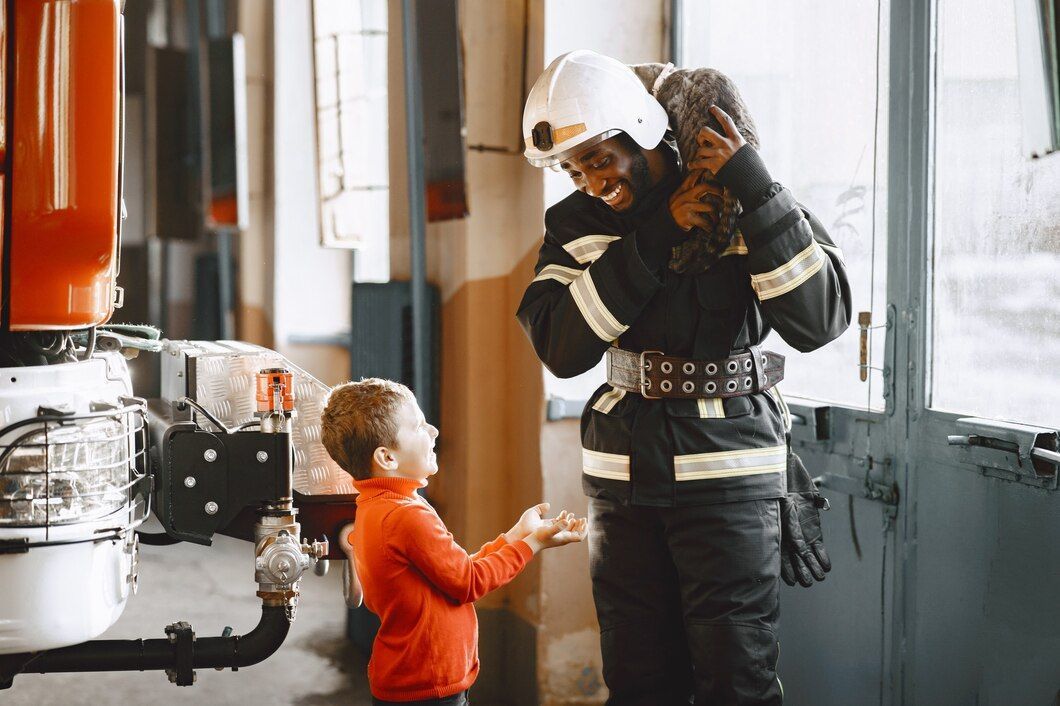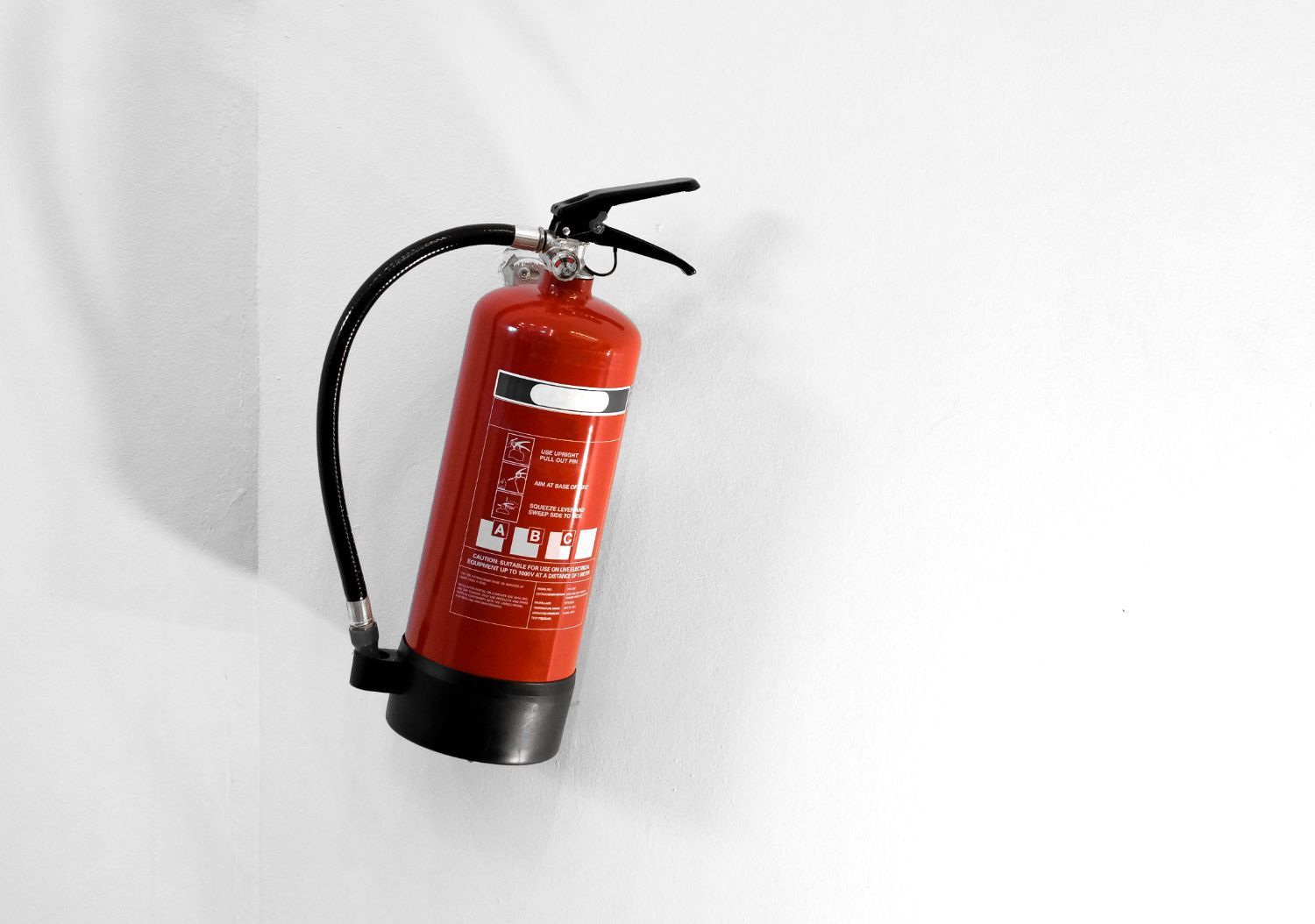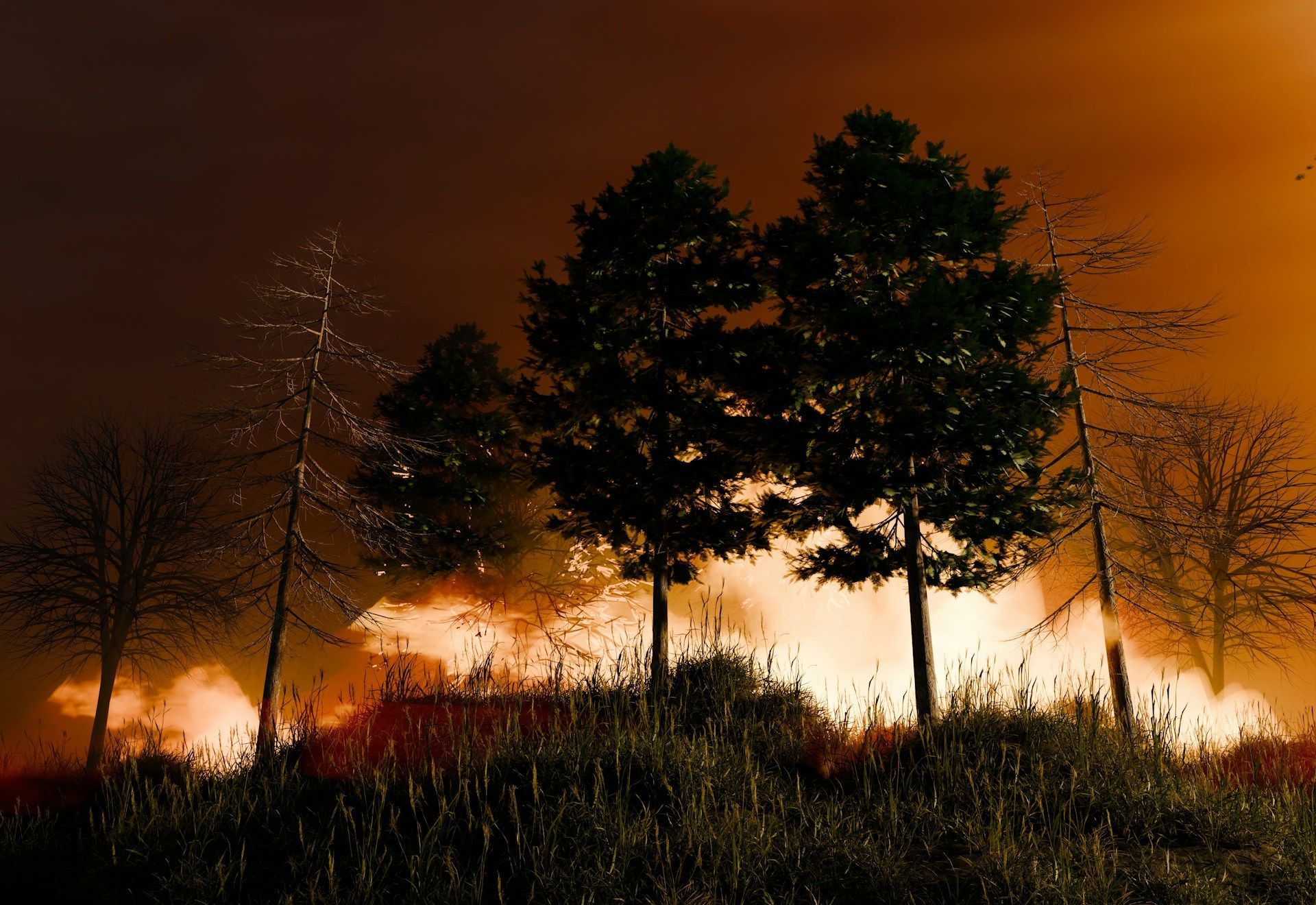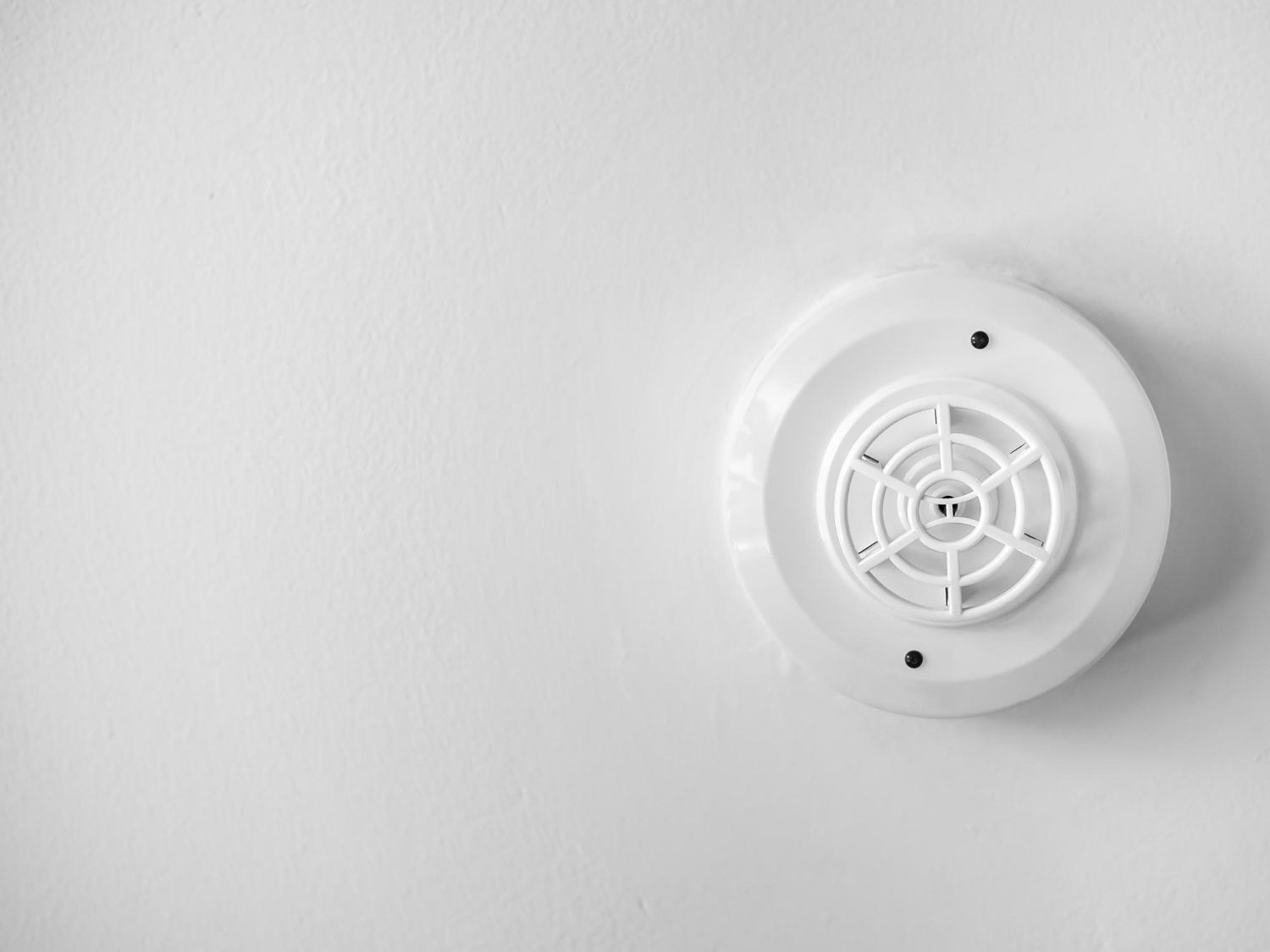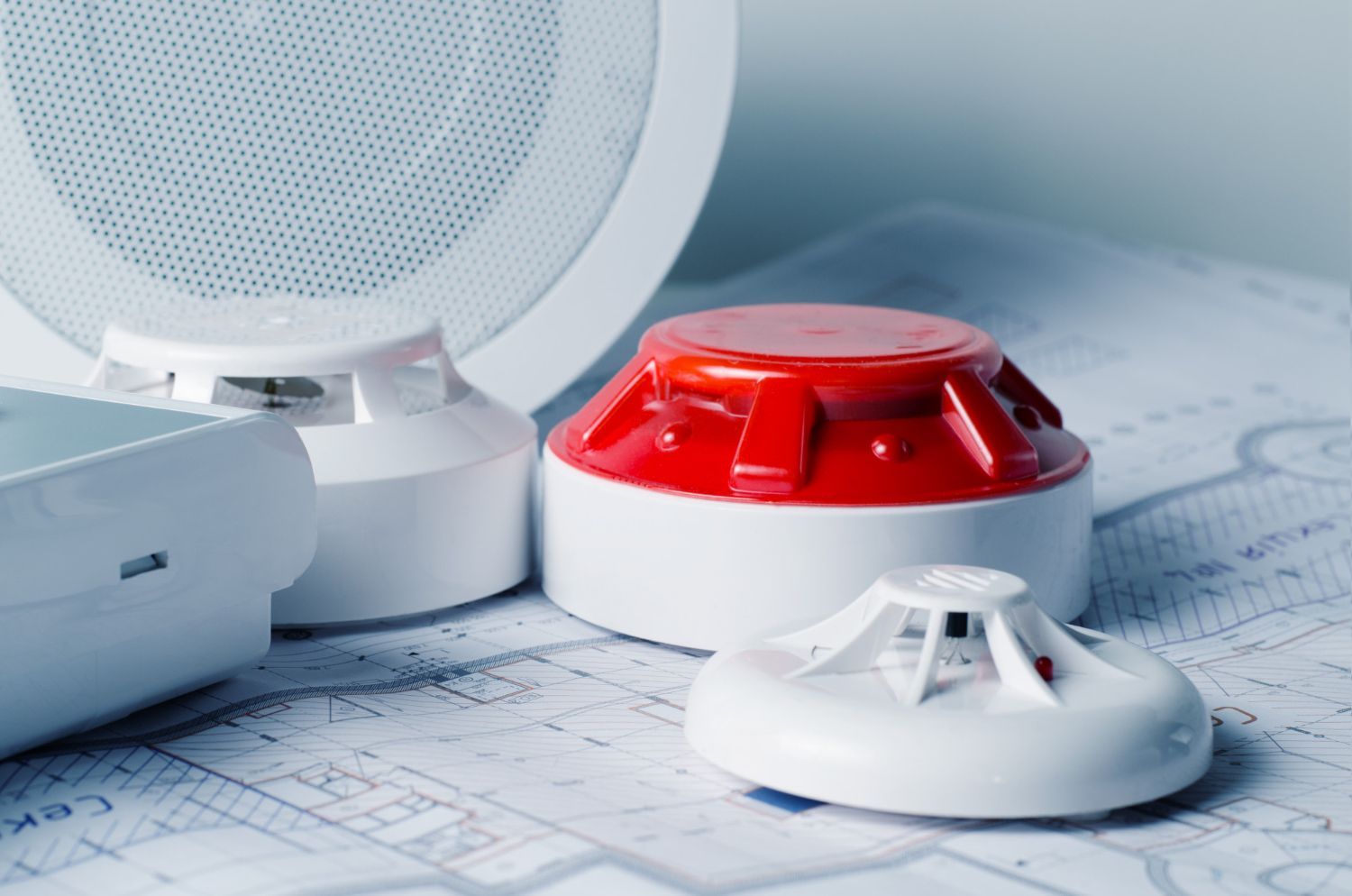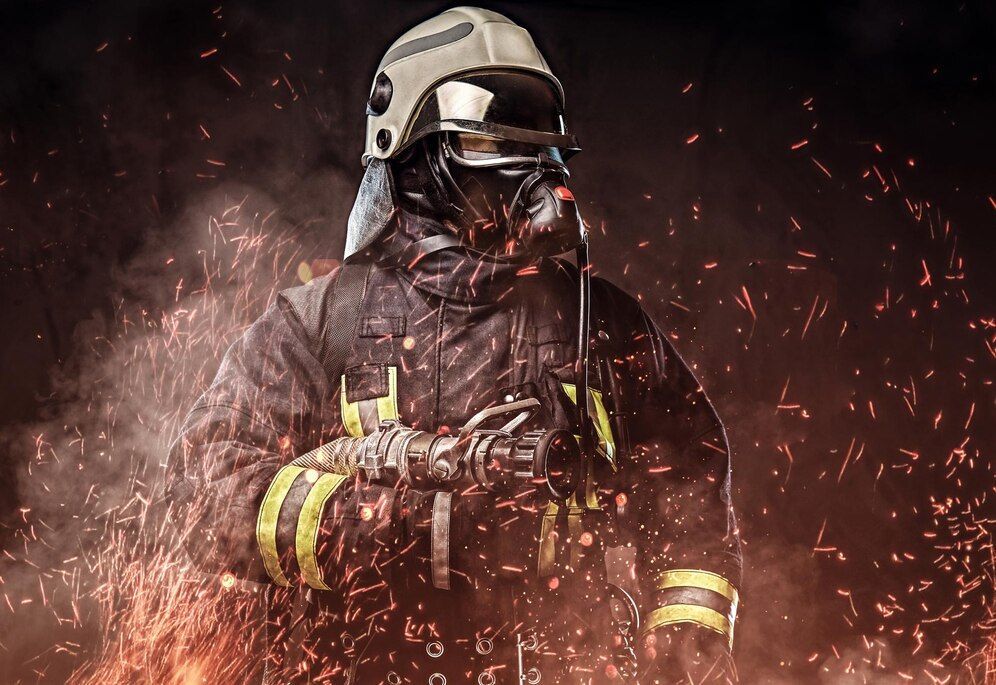Board of Fire Commissioners, Fire District 3,
Township of Old Bridge
Board of Fire Commissioners
Fire District 3
Township of Old Bridge
Debunking the Myths: 7 Common Misconceptions About Fire Safety
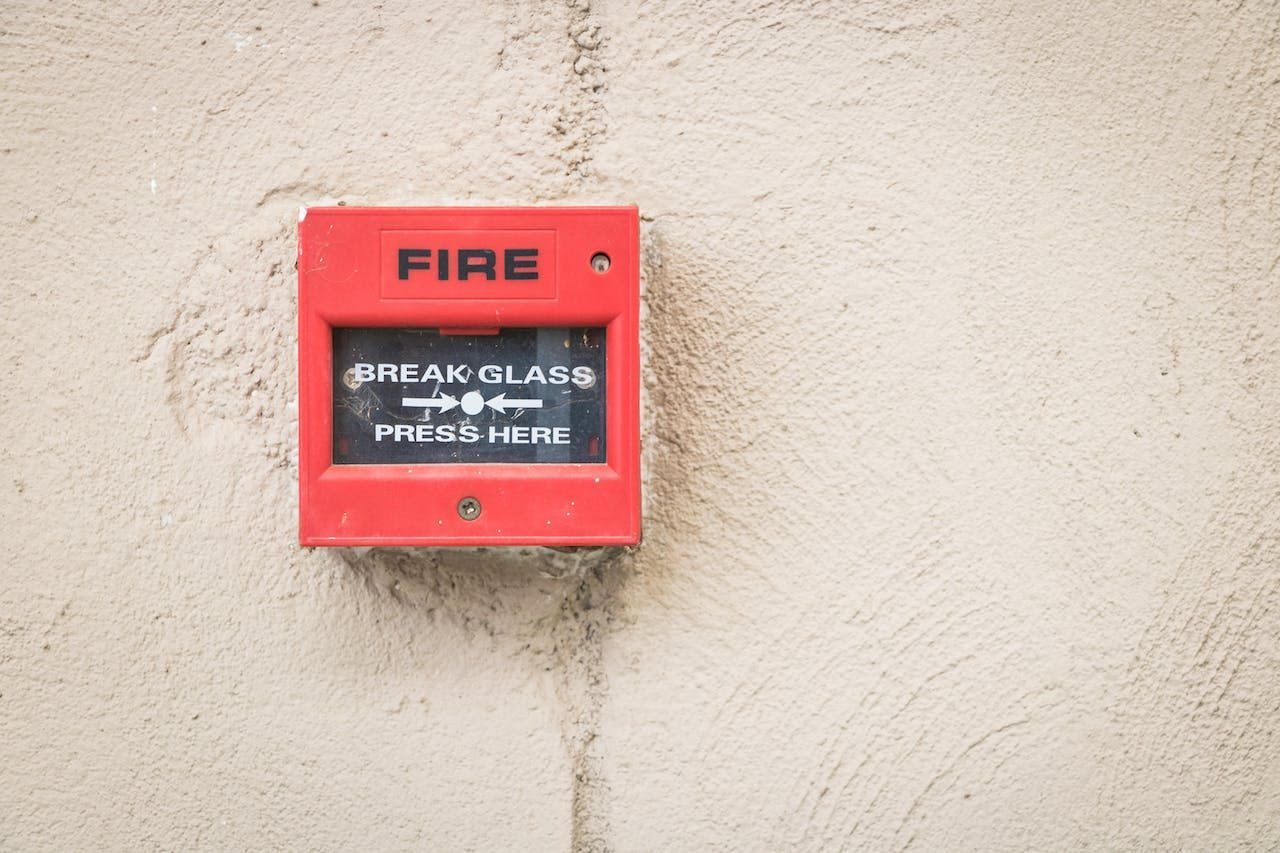
When it comes to fire safety, there is no room for misconceptions or false information. Reliable knowledge is crucial in protecting your home, family, and community from the devastating consequences of fires. However, many myths and misunderstandings surrounding fire safety continue to persist, leading to potentially dangerous decisions.
In this article, we aim to debunk seven common misconceptions about fire safety and provide accurate information to help you make informed decisions when it comes to safeguarding your home and family. We will tackle misconceptions about fire extinguishers, smoke alarms, fire behavior, and prevention strategies to provide you with the vital knowledge necessary for a fire-safe environment.
Gain a better understanding of fire safety and eliminate any confusion or doubt by uncovering the truth behind these widespread myths. Equip yourself and your loved ones with facts, and make your home a safer place for all.
1. Myth: Smoke Alarms Provide Adequate Time to Escape a Fire
Fact: Smoke alarms are essential for detecting fire and providing an early warning. However, they do not guarantee you ample time to escape, especially if you don't have a planned evacuation route. Fires can spread rapidly, and their behavior is often unpredictable. According to the National Fire Protection Association (NFPA), you may have as little as two minutes to escape once the alarm sounds.
Action: Install smoke alarms in every bedroom, outside each sleeping area, and on every level of your home. Test them monthly, replace batteries annually (or as needed), and create a fire escape plan, including a designated meeting spot outside the house. Practice your escape plan with your family to ensure everyone can confidently exit the building in case of a fire.
2. Myth: A Small Fire Is Easy to Contain and Extinguish
Fact: While some small fires can be contained, it is crucial to remember that fires can spread quickly and become uncontrollable in an instant. A seemingly small fire could rapidly escalate, overwhelming homeowners who might have thought they could manage the situation.
Action: If you encounter a small fire, first ensure that everyone in the home is aware of the situation. Call 911 immediately, even if you think you can handle the fire yourself. If you're confident about using a fire extinguisher and can safely do so without jeopardizing your evacuation route, attempt to put out the fire. However, if conditions worsen, focus on getting everyone out of the house and wait for professional assistance.
3. Myth: Newer Homes Are Less Prone to Fires
Fact: While modern homes have several advancements in building materials and technology, they do not provide immunity to fire risks. In some cases, newer homes are constructed with lightweight materials that could burn faster compared to traditional, heavier wood. Additionally, modern homes often contain more electronic devices, which can contribute to electrical fires.
Action: Take fire safety precautions regardless of your home's age. Routinely inspect electrical systems, appliances, and heating sources. Ensure that your home has an adequate number of smoke alarms and fire extinguishers, and follow proper fire prevention and maintenance practices at all times.
4. Myth: People in a Burning Building Will Be Awoken by Smoke
Fact: Smoke doesn't always awaken sleeping occupants. In fact, smoke inhalation can disorient and impair an individual's ability to respond to an emergency. The US Fire Administration stated that almost half of all fire-related deaths between 2014-2018 occurred between 11 PM and 7 AM, when most people were asleep.
Action: Make sure to have functioning smoke alarms in all bedrooms and test them regularly to ensure their effectiveness. Create—and practice—a fire escape plan with your family, including appropriate responses to the sound of the smoke alarm and alternative escape routes.
5. Myth: Fires Are Hot, but Smoke Is Harmless
Fact: Smoke is not harmless. It is the leading cause of fire-related deaths and can be toxic, as it contains various dangerous chemicals from burning household materials. Smoke can also obstruct visibility, disorient occupants, and cause rapid unconsciousness and death.
Action: In case of heavy smoke during a fire, stay low to the ground while you evacuate to minimize inhalation. Ensure every room has a smoke detector and test them monthly, replacing batteries as needed. Educate your family about the dangers of smoke inhalation and the importance of quick evacuation during a fire.
6. Myth: Firefighters Will Always Arrive Quickly Enough to Extinguish Fires
Fact: While firefighters often respond promptly to alarms, fires can spread exponentially within minutes. Valuable time could be lost in traffic, distance from the fire station, or communication delays. The faster a fire spreads, the higher the risk of extensive property damage and injury, even with rapid firefighter response.
Action: Implement proactive fire safety measures, like installing smoke alarms and fire extinguishers, and practice fire escape plans with your family. These steps can help mitigate damage and buy you precious time before the firefighters arrive.
7. Myth: All Fires Are the Same
Fact: Fires can vary by cause, combustible materials, and levels of oxygen. Types of fires are classified based on fuel sources, such as wood, liquids, grease, or electrical elements. Each type of fire requires different extinguishing agents and tactics.
Action: Familiarize yourself with the various types of fires and the correct extinguisher for each one. Keep a fire extinguisher in your home—preferably an ABC-rated extinguisher, which can handle most common types of fires. Learn how to use the extinguisher properly and teach your family members as well.
Understanding the truth behind these common fire safety misconceptions and implementing accurate information can mean the difference between life and death in an emergency. Stay current with fire safety practices and guidelines to protect your home and your loved ones.
Stay Informed and Fire-Safe
Breaking free from the common misconceptions about fire safety is essential to maintaining a secure and prepared home. Accurate information is your strongest ally when it comes to protecting your family and property from potential fire-related tragedies. With honest facts and appropriate fire prevention measures, you can create a safer living environment for everyone.
Trust the
Board of Fire Commissioners, Fire District 3, Township of Old Bridge experts to provide valuable guidance and resources for fire safety education, prevention, and community involvement. Visit
our website to explore updated resources, news, and services available to residents of the district. For personalized assistance and support, feel free to contact the dedicated professionals of Fire District 3 who are committed to community safety. Together, we can build a fire-safe community and ensure the well-being of our homes and families.
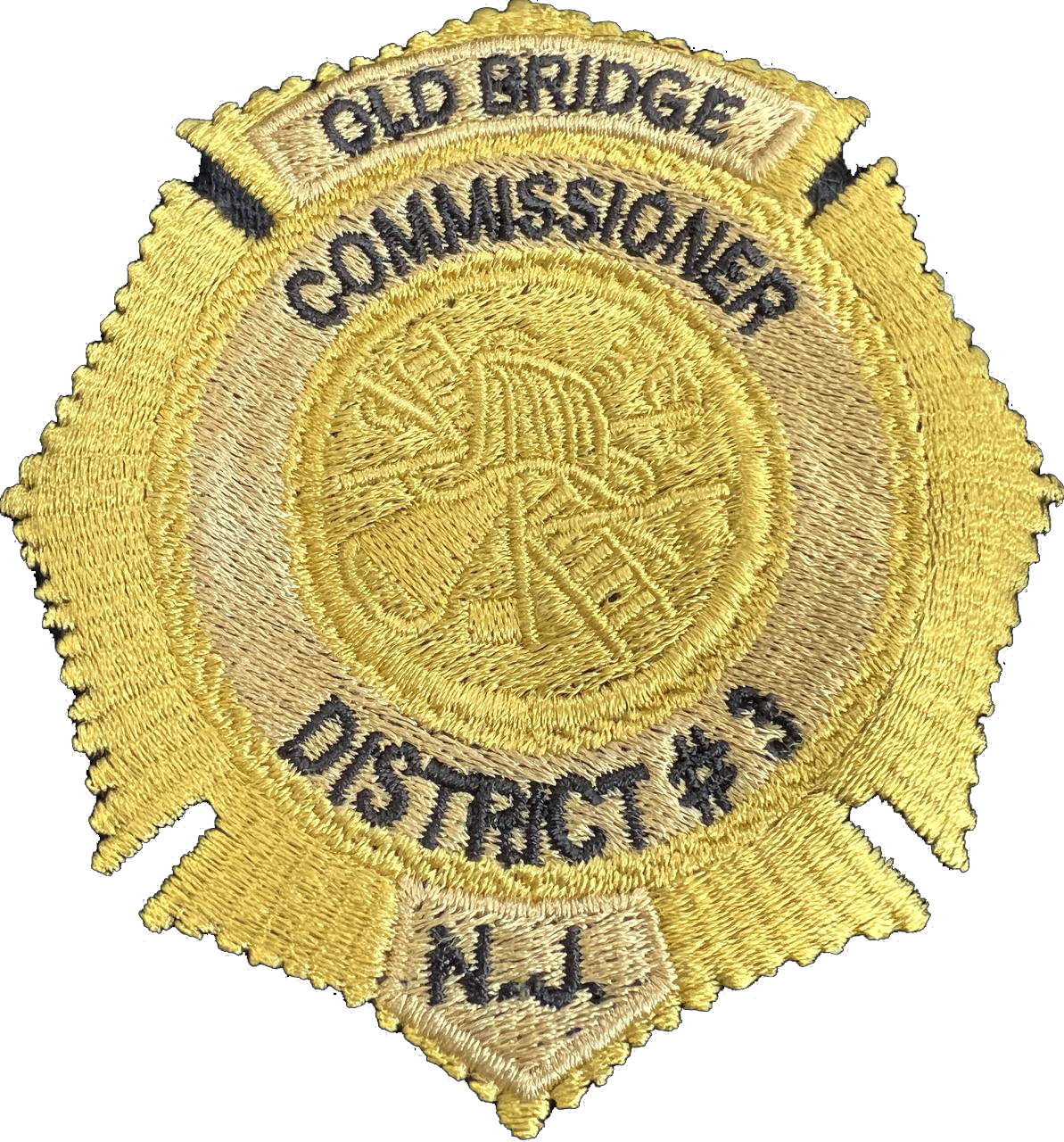
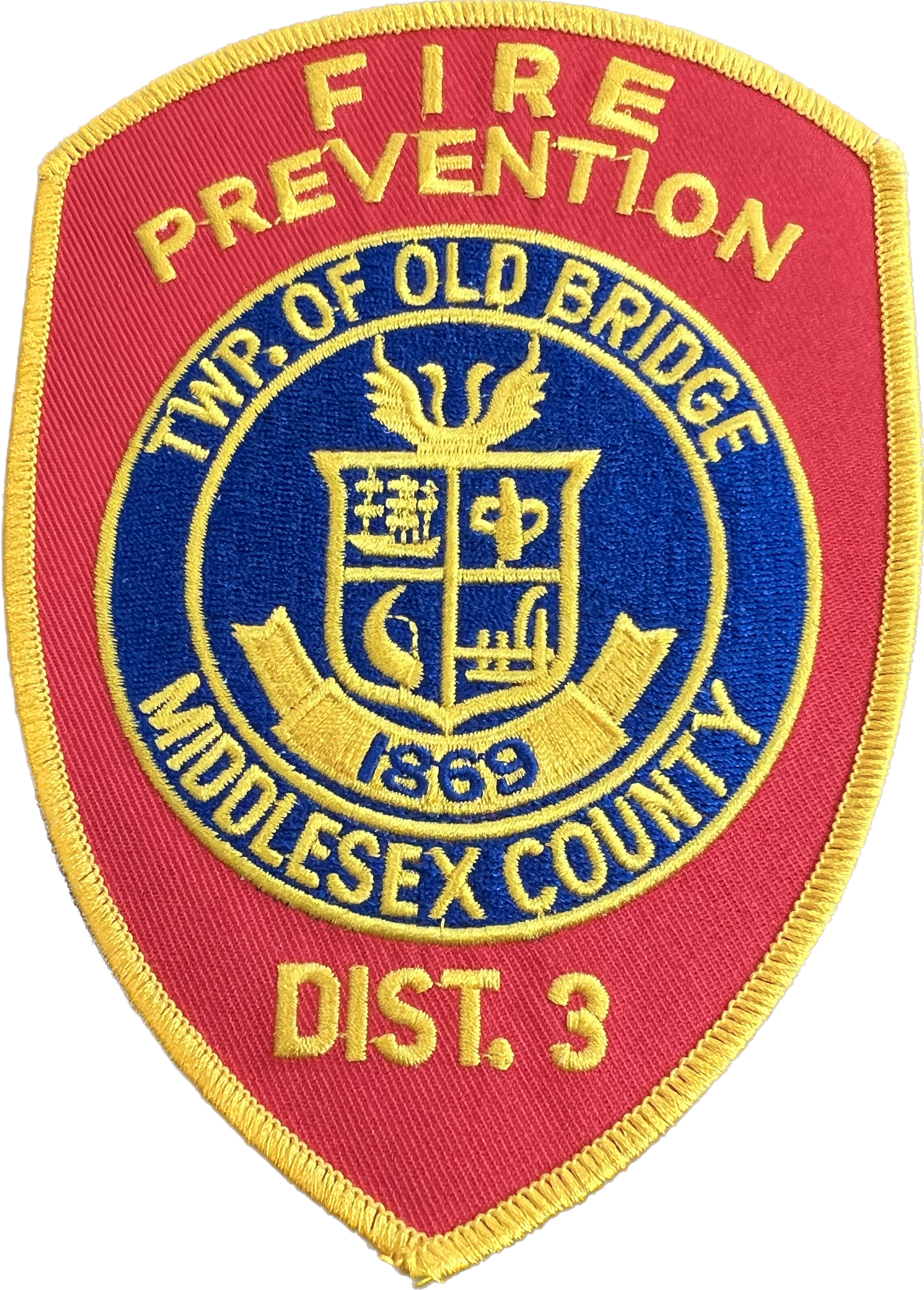
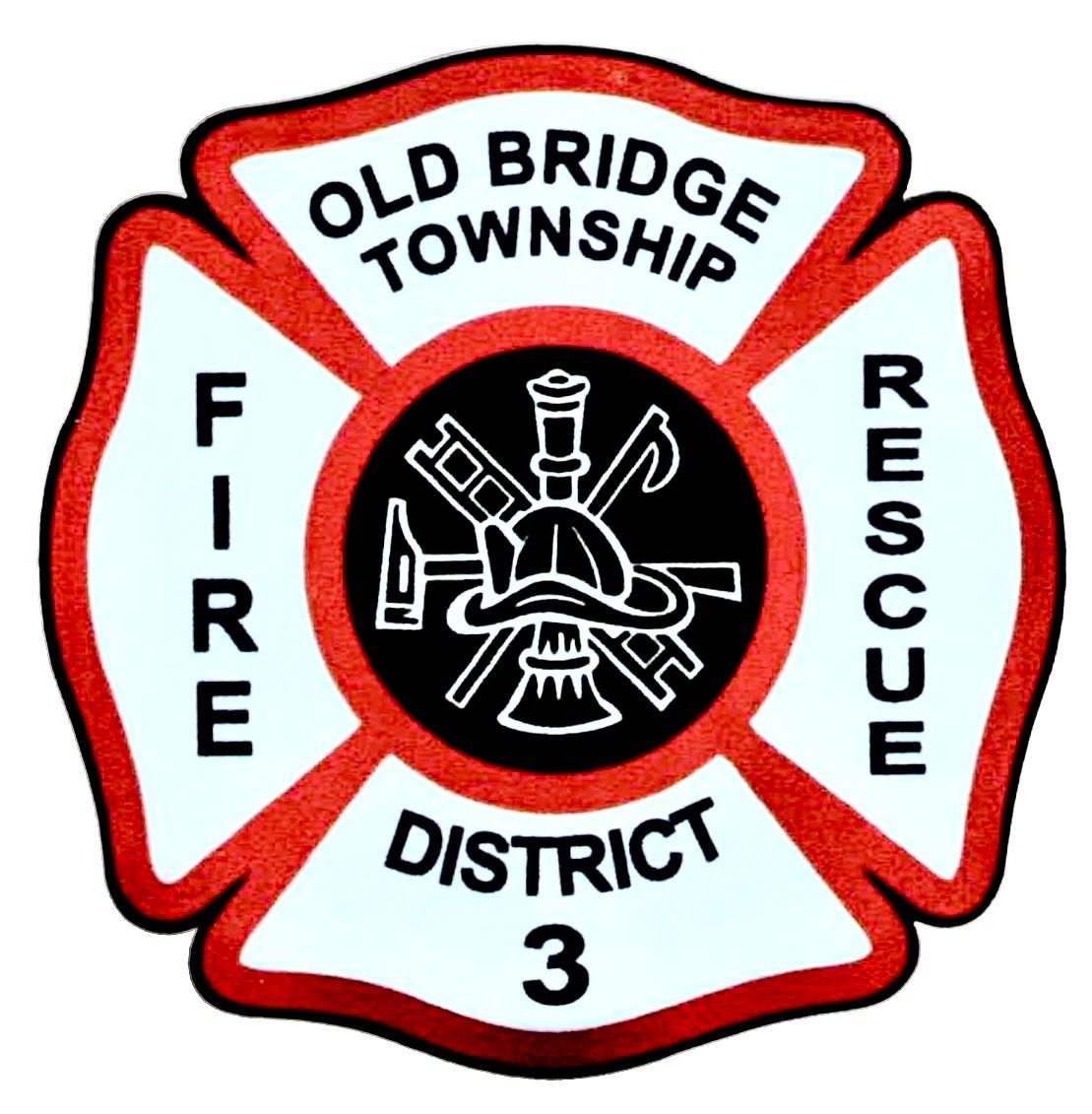



Phone: 732-723-1124 | Email: firedistrict3@obfd3.com
Address: 913 Englishtown Road Old Bridge, New Jersey 08857
We are closed daily from 12 Noon to 1pm for lunch
© 2023 All Rights Reserved | Board of Fire Commissioners, Fire District 3, Township of Old Bridge
All Rights Reserved | Board of Fire Commissioners, Fire District 3, Township of Old Bridge
